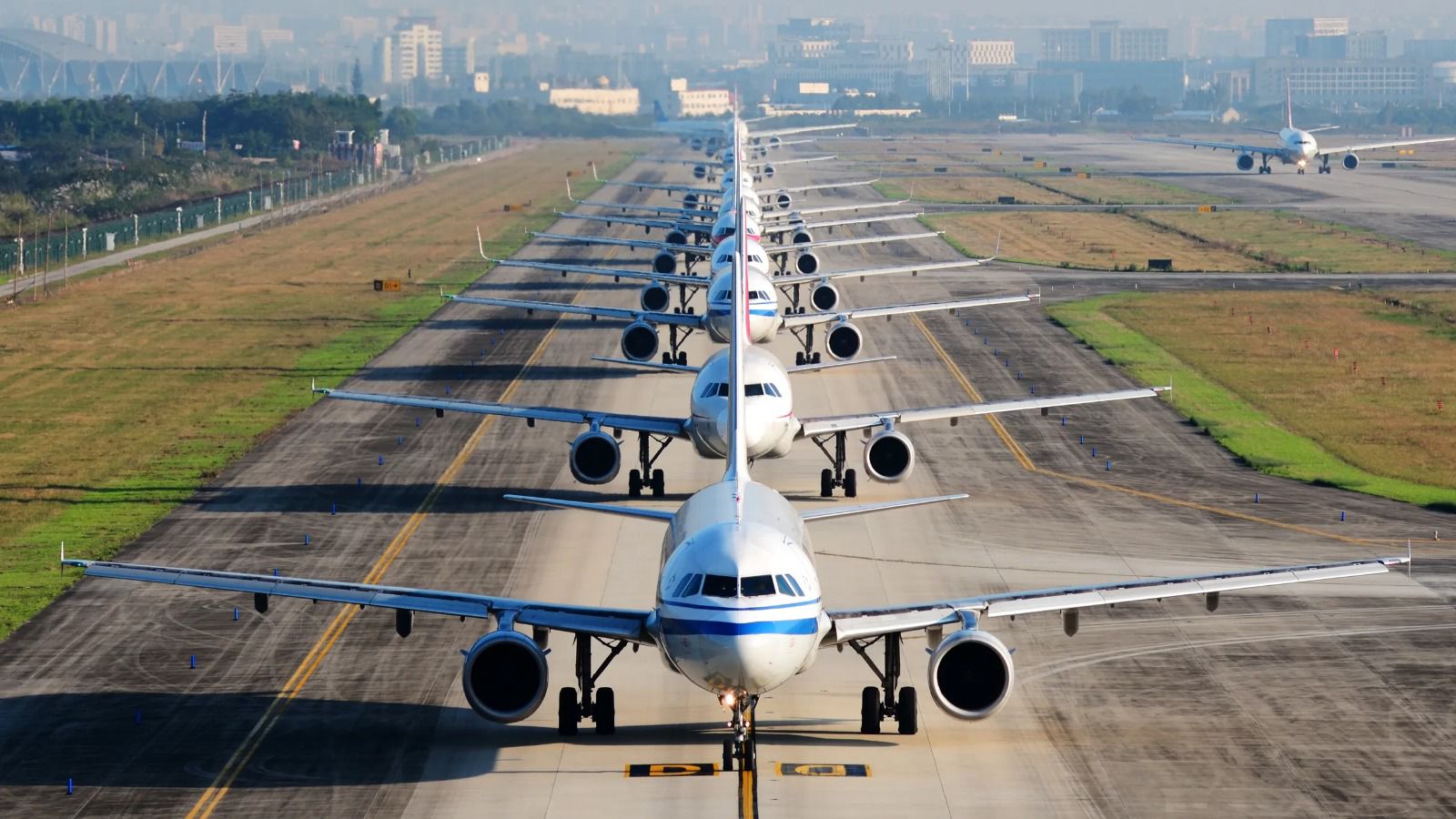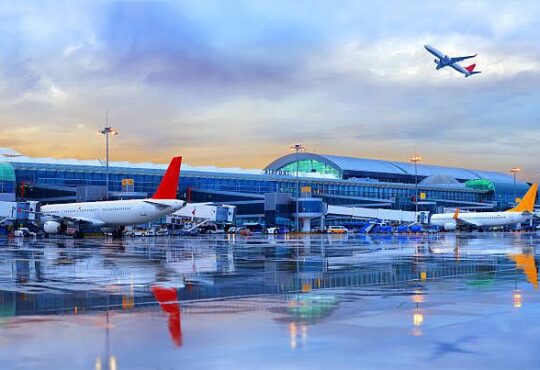The influx of foreign airlines in India may benefit the aviation sector substantially,” says Jaideep Mirchandani

India’s international and domestic aviation sectors are expected to receive a major boost in the coming months as several foreign airlines expand their networks in the country. According to news reports, Air Canada is set to increase seat capacity by 40 per cent starting this October, while Etihad Airways is launching services from Abu Dhabi to Jaipur, its 11th destination in India. Moreover, Sri Lankan Airlines, which operates 95 weekly flights from nine Indian cities, has announced plans to increase flight frequency from these cities and add new locations to its route network. Japan Airlines (JAL) has signed a codeshare partnership with Indigo, offering more travel options between the two countries to enhance connectivity.
Currently, India is the third-largest domestic aviation market in the world. Various studies predict that by 2024-25, the country will surpass the UK to become the third-largest air passenger market globally. Aviation experts view the extensive network expansion plans of foreign carriers as a testament to the growing confidence in the tremendous growth potential of India’s civil aviation sector. They also believe that this will catalyse further economic growth, spur infrastructure development and promote national development.
“Network extension will make air travel more accessible and affordable for passengers. It will enhance connectivity to newer destinations, provide substantial economic and social benefits by promoting tourism and trade activities. Further, by creating jobs and supporting remote communities, it will help the country meet the surge in demand, especially during peak seasons,” says Jaideep Mirchandani, chairman of aviation major Sky One.
He also highlighted that the proposed codesharing plans will strengthen domestic aviation in the country. “Codesharing will allow an airline to book its passengers on partner carriers, providing travel to destinations where it currently has no presence. It will help them offer more travel options for customers, enhance their service offerings, and open up new domestic and international networks and develop the socio-economic growth and spread across the country,” said Mr Mirchandani.
The domestic network expansion can also help strengthen the Government’s Regional Connectivity Scheme (RCS-UDAN), which is mainly aimed at making air travel accessible to isolated communities and promoting rural economic development. “Another key prospect lies in the growth of the Maintenance, Repair, and Overhaul (MRO) sector. In line with the aviation sector’s growth, it will provide strategic investors, original equipment manufacturers (OEMs) and leading global MRO players with more investment opportunities in the Indian MRO segment,” added Mr Mirchandani.
He also pointed out the need for policy decisions to make conditions favourable for both foreign and Indian airlines. For instance, the Directorate General of GST announced the imposition of GST on services provided by foreign airline headquarters to their Indian branches. The International Air Transport Association (IATA) has already opposed this move.
Mr Mirchandani believes such steps could significantly increase operational costs for foreign airlines in India, and affect their expansion plans. He concluded with “I hope the regulatory authorities will take an appropriate decision in this regard, which will mutually benefit both Indian and foreign carriers,”.





